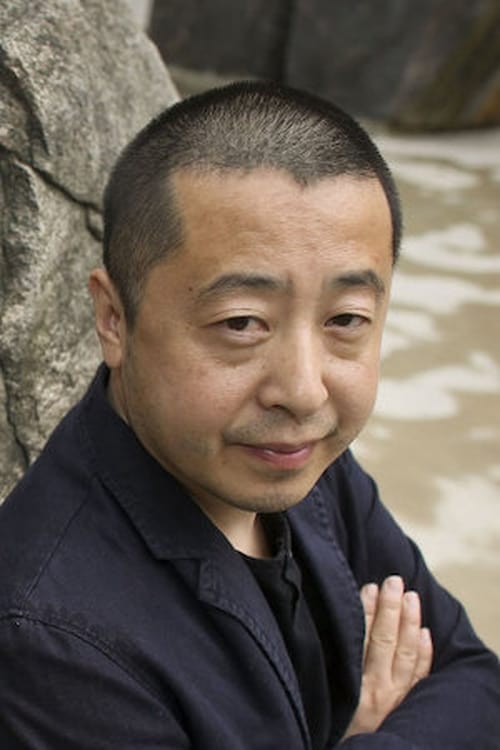In Public (2001)
Жанр : документальный
Время выполнения : 30М
Директор : Jia Zhangke
Краткое содержание
A fragmentary landscape for a little train station in a suburban area and a bus stop in a mining town. A lonely soldier in his heavy coat, a tired old man, a bubbly young lady, a punk, a woman waiting in the street... From all those different people in these unfamiliar places, we can feel the exhaustion of every life.

Три отличных друг от друга истории о молодом поколении китайцев из разных уголков страны.
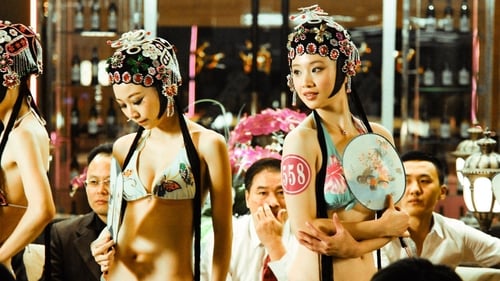
Шахтер Дахай возмущен царящей среди руководителей его деревни коррупцией и решает перейти к действиям. Рабочий-мигрант Сан’ер открывает для себя бесчисленные возможности, заложенные в огнестрельном оружии. Домогательства богатого клиента доводят работницу сауны Сяо-ю до полного отчаяния. Сяо-гуй вынужден менять работу, каждый раз соглашаясь на худшие условия. Четыре персонажа, четыре провинции, отражающие облик современного Китая. Портрет общества, которое переживает бурное экономическое развитие и постепенно заражается бациллой насилия.
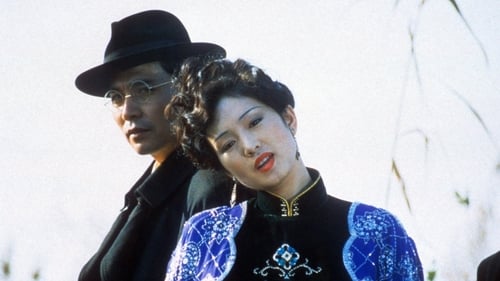
Деревенский мальчик поступает в услужение к капризной любовнице могущественного главаря одной из шанхайских триад. История ребенка в безжалостном мире, история о пробуждении души и ее гибели. Гангстерская история. Человеческая драма.
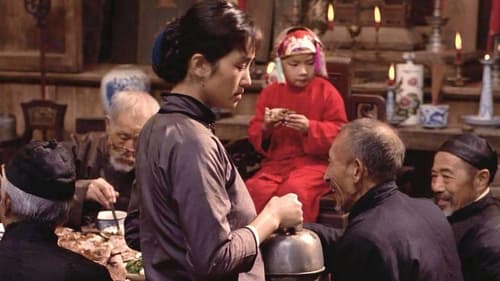
История женщины, проданной в качестве жены богатому китайскому сельчанину в 20-х гг XX века.
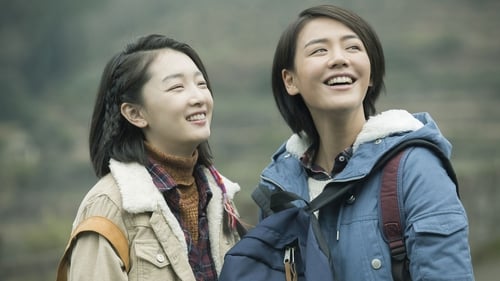
The films spans two decades as the story unfolds in a series of flashbacks that begin when Qiyue and Ansheng were just thirteen. The two became inseparable until they met a boy who ended up tearing their lives apart.
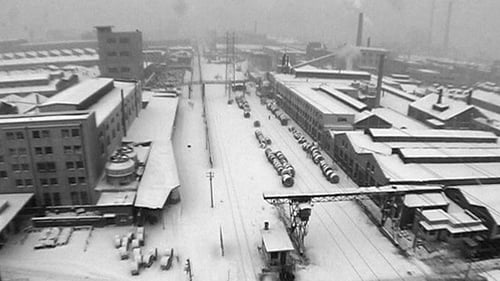
A detailed look at the gradual decline of Shenyang’s industrial Tiexi district, an area that was once a vibrant example of China’s socialist economy. But industry is changing, and the factories of Tiexi are closing. Director Wang Bing introduces us to some of the workers affected by the closures, and to their families.
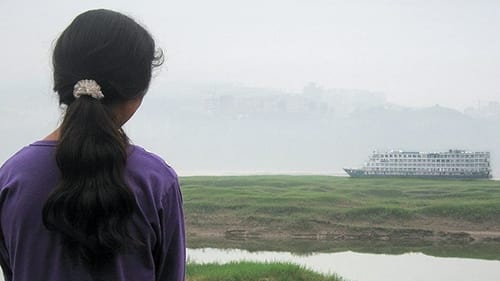
A luxury cruise boat motors up the Yangtze - navigating the mythic waterway known in China simply as "The River." The Yangtze is about to be transformed by the biggest hydroelectric dam in history. At the river's edge - a young woman says goodbye to her family as the floodwaters rise towards their small homestead. The Three Gorges Dam - contested symbol of the Chinese economic miracle - provides the epic backdrop for Up the Yangtze, a dramatic feature documentary on life inside modern China.

British sad sack Gary is a failed entrepreneur who has just arrived in Beijing's stylish Sanlitun district, allegedly to start a business. There are other reasons why he has uprooted himself — he's followed his ex-wife and young son, for one — but he soon finds out that China isn't the easiest place to succeed. Blissfully untouched by self-awareness, and only fitfully in tune with reality, Gary sallies forth to make money, armed with faith in himself and little to no knowledge of Chinese culture. He soon hooks up with Frank, a trust-fund kid from Australia who offers to mentor Gary in Eastern ways, although Frank's pedagogical method is restricted to yelling at Gary for being a Westerner and not being as "Chinese" as him.

To really understand China, you have to get to know its people! Winston "SerpentZA" Sterzel travels across China’s first tier cities – Beijing, Shanghai, Guangzhou and Shenzhen – meeting the cities’ most fascinating people, including a racy nude photographer, a mosquito breeding scientist and a DIY maker challenging gender and tech stereotypes.

An intimate portrait of a peasant-turned oil painter transitioning from making copies of iconic Western paintings to creating his own authentic works of art.
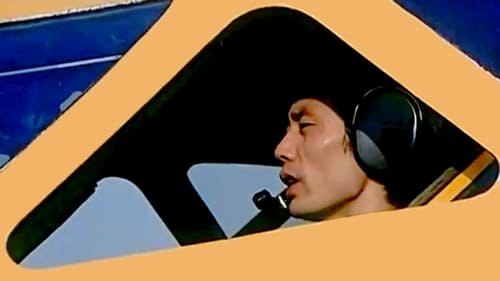
A commercial airliner on a routine flight between Taipei and Seoul is hijacked and taken to mainland China by the Taiwan Revolutionary Army Front. Chinese authorities cannot seize the plane because of the presence of an important business figure on board, but agree to cooperate with Taiwanese authorities to defuse the tense situation.

A fragmentary landscape for a little train station in a suburban area and a bus stop in a mining town. A lonely soldier in his heavy coat, a tired old man, a bubbly young lady, a punk, a woman waiting in the street... From all those different people in these unfamiliar places, we can feel the exhaustion of every life.
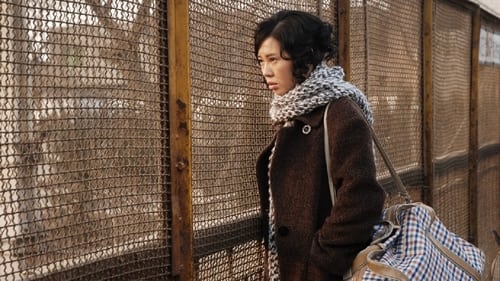
Li Li, intelligent young woman is working in a mill Xian'an. The company knows the difficulties. Her husband, who worked in the same company, was among the first laid off and has launched a small business (fish). They have a little boy, Bing Bing. Tired, Li Li will visit the hospital. The verdict: acute leukemia. The bone marrow is financially out of reach. Rest chemotherapy less effective but require her husband to sell the family home. In addition, Li Li needs a little freedom to live a little for herself and get answers before ... She goes to Beijing to visit the one she was in love ten years ago, and who was not accepted by her parents.

They are four of the most successful businesswomen in China: Belonging to a generation who experienced the austerity of China's cultural revolution, followed by the subsequent economic boom, they have worked their way to the very top in a patriarchal society. Today, Yang Lan is the owner of one of the leading private media companies. Dong Mingzhu is a tenacious female CEO, heading up the world's largest manufacturer of air conditioning systems. Zhang Lan is a tycoon in the luxury restaurant business. Zhou Yi is a top manager working for a big american IT company. How were these careers built? What are the social and economic contexts in which they operate? And what do these women think about the political, social and cultural state of their country?

Game developer Elliott Marc Jones, his girlfriend Stephenie and musician Matthew Sayers travel to three major Chinese cities to conquer the country's most dangerous activities and extreme sports.

Shot over the course of ten years on both film and video, the film consists of a series of carefully composed tableaux of people and environments. Pedestrians shuffle across a bustling Beijing street, steelworkers linger outside a deserted factory, tourists laugh and scamper across a crowded beach, worshippers kneel to pray in a remote village. With a painterly eye for composition, Wang captures China as he sees it, calling to a temporary halt a land in a constant state of change.

A documentary about Peking in the dawn of the new Millenium. Contains interviews with Jia Zhangke and dj Gaohu

In the late 1940's two young, idealistic American scientists made the extraordinary decision to settle down and work in a remote district of China. They were drawn by the promise as they saw it, of profound social revolution. Joan Hinton was a physicist, one of the few women to have worked on the Manhattan Project to develop the atomic bomb. Sid Engst was from Cornell University in up state New York, and a specialist in agriculture. This is a fascinating account of the lives these two Americans built for themselves in the very midst of China's most troubled times.

This short documentary follows a group of students from Hamilton, Ontario, on a rare three-week “tour” of China in 1972. These teenagers were the first North American students to visit China since 1949, when Mao Tse Tung’s Communists overthrew the Nationalist Government of Chiang Kai-shek.

Diane Li, a graduate student in communication at the University of Stanford, was permitted for five weeks to visit the People’s Republic of China with her husband, a professor of Chinese law at Stanford, and a team of medical experts. Together they investigated and documented the training and work of China’s peasant paramedicals, the ‘barefoot doctors’. One of the first films about China made by an American of Chinese descent, Li’s documentary provides a rare glimpse of village life in the PRC at a time when Cold War tensions were easing between the United States and China.

